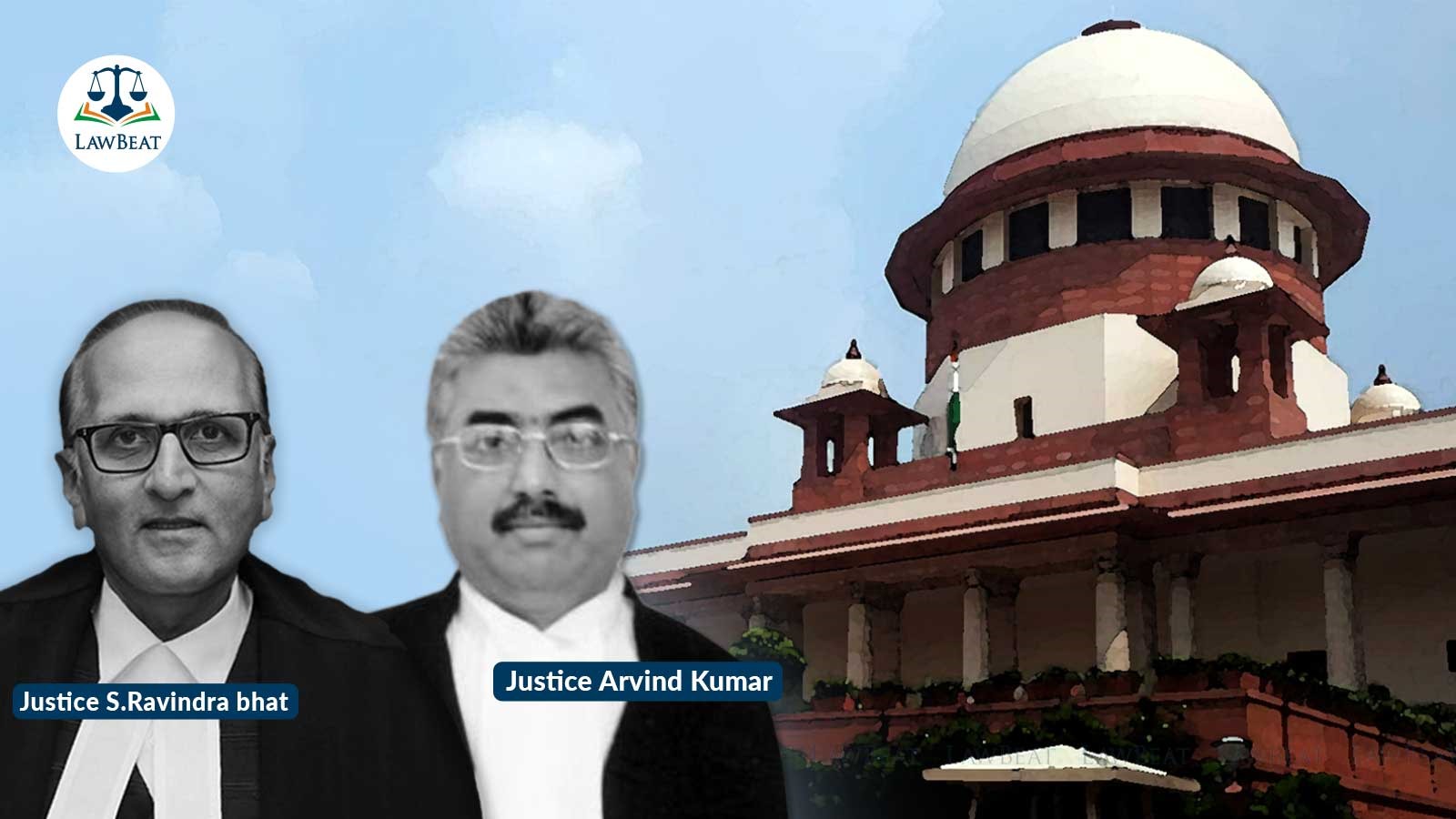Providing support persons to victims under POCSO Act can't be optional: Supreme Court

Court said that the need for support person should not be left to the discretion of the parents and in all cases, the option of availability of support person and right to claim the assistance of such support person should be made known to the victim's parents
The Supreme Court has directed the National Commission for Protection of Child Rights to formulate model guidelines in consultation with States and Union Territories in respect of support persons for victims of crimes under the Protection of Children from Sexual Offences (POCSO) Act.
"This Court is of the opinion that the need for support person should not be left to the discretion of the parents; in all cases, the option of availability of support person and right to claim the assistance of such support person should be made known to the victim's parents," a bench of Justices S Ravindra Bhat and Aravind Kumar said.
The court said that the State has an obligation to provide support persons to POCSO victims which cannot be made optional.
"Unless there are good reasons recorded by the CWC in its order, the familiarity of support persons is mandatory," the bench said, pointing out that its previous judgment was "forthright and categorical on this aspect".
The court's directions came on a batch of writ petitions filed by the 'We The Women of India' and others. On August 18, 2023, the court had asked the state governments to ensure strict implementation of POCSO Rules 2020, which offered an effective framework in providing support system to the child victims, including appointment of support persons, to reduce the ordeal for them during the investigation, trial and rehabilitation.
The Ministry of Women and Child Development (MWCD), Government of India and the NCPCR filed their affidavits in compliance with the court's order.
Taking up the matter on October 9, the court directed the NCPCR to formulate model guidelines, after duly consulting all the State Governments and the Government of Union Territories, which were suggested to frame their rules in respect of support persons under Section 39 of the POCSO Act.
For the purpose, initially, NCPCR may formulate draft guidelines which may be circulated to all the States and after due consideration of their comments and suggestions, the guidelines may be finalised, the bench suggested.
The court further directed that the guidelines should take into consideration all relevant factors including, but not confined to the following:
(i) requiring a uniform standard of education of support persons for which the minimum qualification may be graduation with relevant experience in child psychology, social work or child welfare, etc.;
(ii) the general practice of limiting engagements of support persons to number of cases to a particular time limit of three years or five years should be avoided. A suggestive uniform policy should be framed eventually leading to encadrement of such persons in the concerned Ministry at the appropriate stage;
(iii) the reasonable remuneration to be paid to the support persons commensurate with the work and functions to be discharged by them;
(iv) creation of an All India Portal which will be accessible to all individuals and organisations such as JJBs and individual CWCs, which can list out the details of all support persons available in the concerned States and Union Territories; and
(v) a panel to be maintained by each State in respect of NGOs and support persons, whose services may be availed by the CWCs/JJBs. This list too should be accessible in the portal.
The bench directed that the guidelines should be finalised and filed in court after eight weeks.
The court also ordered the NCPCR to delete any reference to the name of the child or victim, having regard to the provisions of the POCSO Act and the Juvenile Justice (Care & Protection of Children) Act. Instead, an appropriate reference may be to a particular case number, it said.
Case Title: We The Women Of India Vs Union of India
